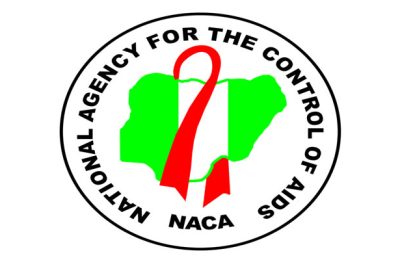
Mr Ikechukwu Ikoh, Minister of State for Science, Technology and Innovation (STI), has said Africa is positioned to benefit from the technology of genome editing.
The minister said this while declaring open the Policy-Science Practice Dialogue to enhance the domestication and use of genome editing science in Africa and mini launch of the Continental Community of Practice (CoP) in Lagos, recently.

He said genome editing was a revolutionary technology that led to the emergence of several editing strategies with application in agriculture, health, environment and industry.
According to him, it is the responsibility of responsive governments to strengthen capacities to keep up with the dynamism of the technology.
Ikoh maintained that Africa has recorded giant strides towards sustainable and responsible application of biotechnology by creating the enabling policy and regulatory environment.
“Currently, Burkina Faso, Ghana, Eswantini, Ethiopia, Nigeria and Zambia are involved in the genome editing intervention project that is supported by the Centre of Excellence in STI of the AUDA-NEPAD
“These countries have been identified based on the established structures that support the domestication and use of biotechnology and genome editing tools.
“Nigeria has been particularly proactive, being the first country to amend its Biosafety Regulations to include the guidelines on genome edited crops,” the inMister said.
Professor Abdullahi Mustapha, Director-General, National Biotechnology Development Agency (NABDA), remarked that the Genome Editing project was aimed at fostering a broader understanding of the subject.
ALSO READ FROM NIGERIAN TRIBUNE
He said this would enhance the uptake of the tool to optimise agriculture in agriculture, support the development outcomes, such as adapting to climate change and reducing poverty and sustainability of food systems.
Mustapha said, “The project seeks to build on, and complement ongoing AUDU-NEPAD efforts towards enhancing regulatory capacities on biosafety through the African Biosafety Network of Expertise (ABNE).
“These efforts have resulted in the institutionalisation of biosafety and regulatory capacities in African countries such as Burkina Faso, Ghana, Ethiopia, Eswatini, Nigeria and Zambia.”








